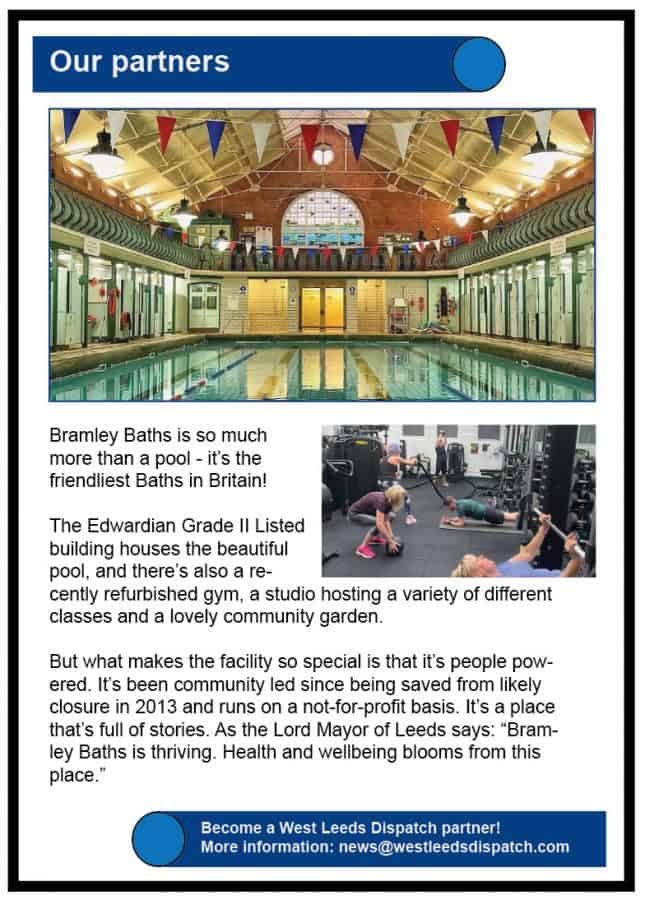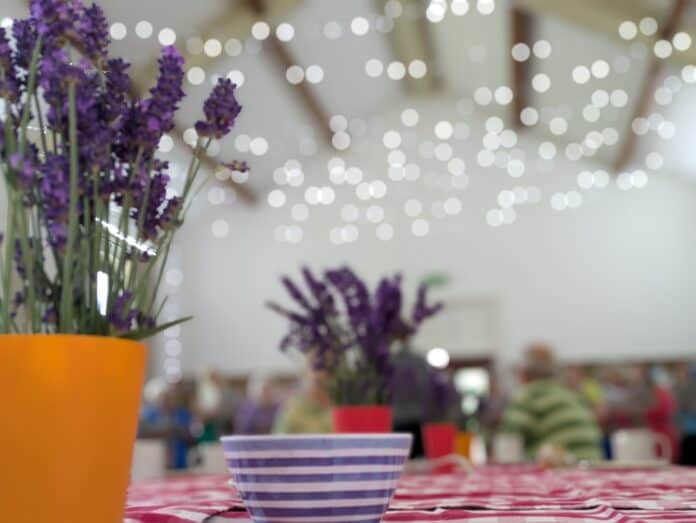By Noelle Williamson
As Rachael Kelley of the Leeds Beckett Centre for Dementia Research explained earlier this week, the Lived Experience Group aims to improve the advice and support offered to people living with dementia so they can be cared for in their own homes.
Rachael explained that, if you develop dementia, the longer you can remain in personal,
familiar surroundings, with the physical reminders of your lifestyle and history around you,
the longer you will stay grounded, slowing the progress of your disease.
On its website, the Centre for Dementia Research declares that it is “responding to a national and international health priority”.
To put this in a local context, The State of Ageing in Leeds (2021) report … shows that
around one in three people living in Leeds is aged 50 and above. We have a growing older
population where in the next twenty years the number of people aged 80 and above living
in the city will increase by 50%.
Being in that age group myself, over 50 and hopefully heading for 70-80+ in the timeframe, it was good to read about our City Council’s six objectives, including Healthy and Independent Ageing, and that it is invested in improving quality of life for me and my peers.
If you’ve read this far, I expect you’re one of them. Enjoy your bedtime reading.
Leeds became an age friendly city in 2014, and is recognised by the Alzheimer’s Society as a city which is working to become Dementia Friendly in the areas of arts, culture, leisure and recreation; businesses and shops; and housing.
Leeds Older People’s Forum is a network of third sector organisations working – in partnership with the City Council – towards ensuring that older people have the opportunities, choices and support we need to live the life we want.
Leeds Older People’s Forum actively encourages us to get involved; to have a say in policy
and practice at city, regional and national level.
Locally, it has been working to help businesses and organisations across Leeds become Age
and Dementia Friendly. Nationally, Age Friendly Leeds/Leeds Older People’s Forum provided
evidence in April to the cross-party Work and Pensions Committee’s Pensioner Poverty
Inquiry.
Two of the subjects they reported on were the often-overlooked needs of unpaid carers, and the health impacts of poverty. To learn more, and perhaps to get involved, click here.
My conclusions
This series has focused primarily on memory cafés in West Leeds, the people who set them
up, and the volunteers who keep them going.
We’ve touched on the amazing range of dementia-friendly activities offered through MHA,
BEA and OWLS.
We have also included links to international organisations and smaller, newer, more
specialist bodies; and to local health and memory services.
Lastly, there are the links to Leeds Older People’s Forum and the Leeds Beckett Lived Experience Group, because, even if life gives you dementia, or recasts you as ‘the carer’, it’s still your life, and with the support now available, you can defy dementia, live well for longer, and even use your experience to advance research and influence policy at local and national level.
The strange fact remains that all the information in these articles is taken from (more-or-
less) easily accessible sources.
To quote from the very first article: “No-one ordinarily talks about memory problems and dementia… Unfortunately, it means that if … a parent or partner is diagnosed with dementia, we have no idea what to do or how to get help.”
It’s now 23 years since Peter Smith’s mother was diagnosed with dementia. Jean’s husband
must have received his diagnosis only three or four years later. They all had to make it up as they went along, in isolation, for a good ten years.
Both Peter and Jean, then swung into action to plug the gap in Rothwell and Drighlington, and established a template for other memory cafés. Yet all this time later, with all the resources we now have, and the years of effort to raise public awareness, people still feel that they’re on their own when they’re diagnosed with dementia.
Perhaps we don’t consciously ignore the campaigns and information, in an adult version of a four-year-old’s “If I close my eyes, it won’t get me.”
Perhaps we instinctively turn away from literature with the forget-me-not logo on it, because our instinct calls it irrelevant – the adult version of adolescent immortality.
Perhaps it’s even stronger and faster: there’s some primitive survival reflex that identifies the very concept of dementia as debilitating, and consigns it the incinerator chute, bypassing even our short-term memory. That’s one hideous kind of irony.
Whatever the reason, adults seem to blank material on dementia. In which case, no-one will read any of these articles unless they are where I was a year ago – worried about their
‘memory problems’ or someone else, perplexed about what to do, frightened about implications and – stuck.
Or, they’ve been diagnosed with dementia, or Mum, Dad or their other half has, and they
only know they need help. If this is why you’re here, this is all for you. It’s really a glorified directory.
I think Rachael summed up what several people have said: “If you are diagnosed with
dementia, it is possible to live. Dementia or memory problems is really difficult to live with,
but it’s also possible to live well and to still come to places and do things. It’s knowing
what’s going on, and where, that’s tricky.”
I suggest that the Memory Support Service is a good place to start. If you phone them, a
human being will be there for you. The number is 0113 231 1727. Or e-mail memorysupport.lypft@nhs.net.
Sponsored content


